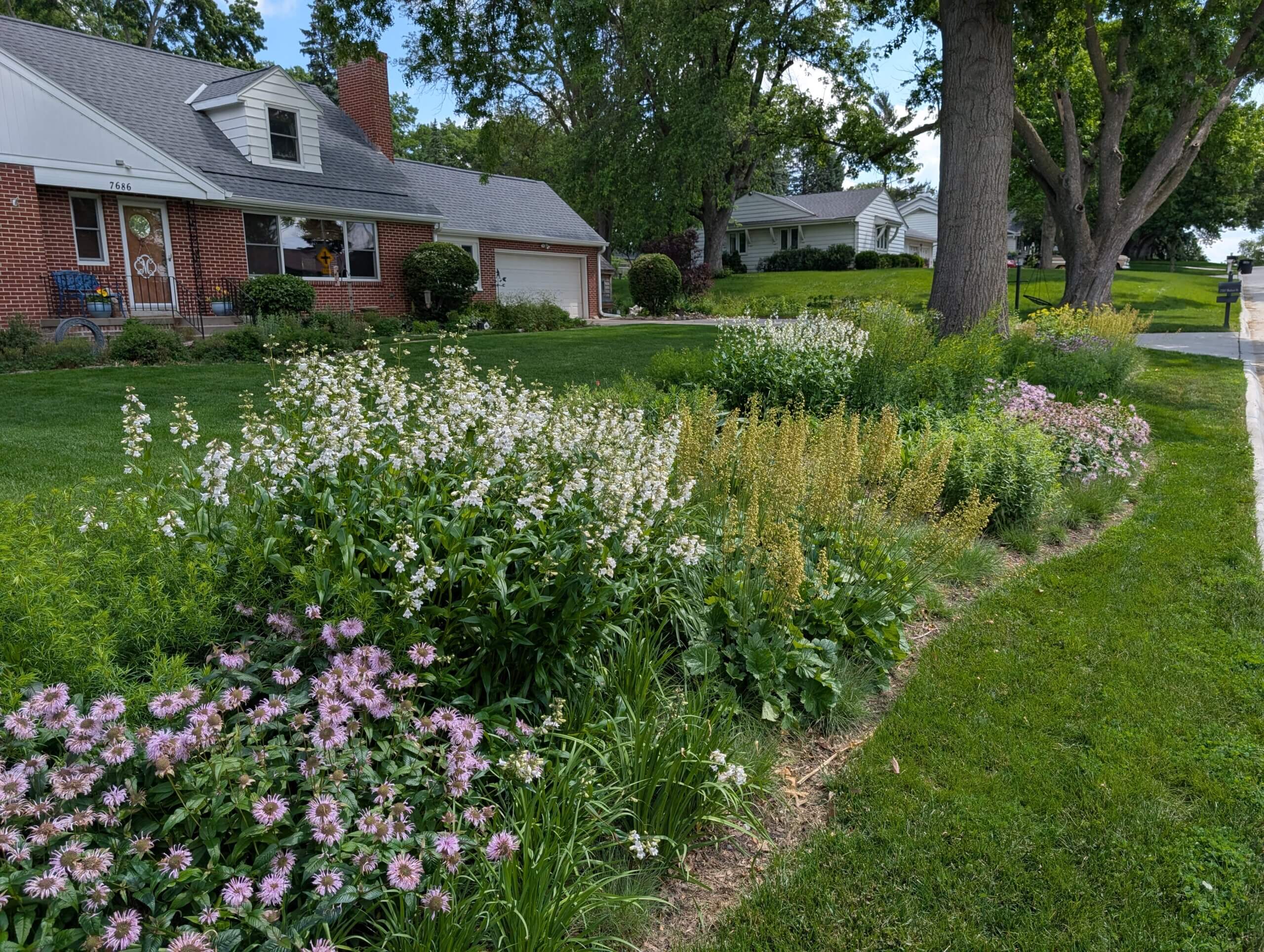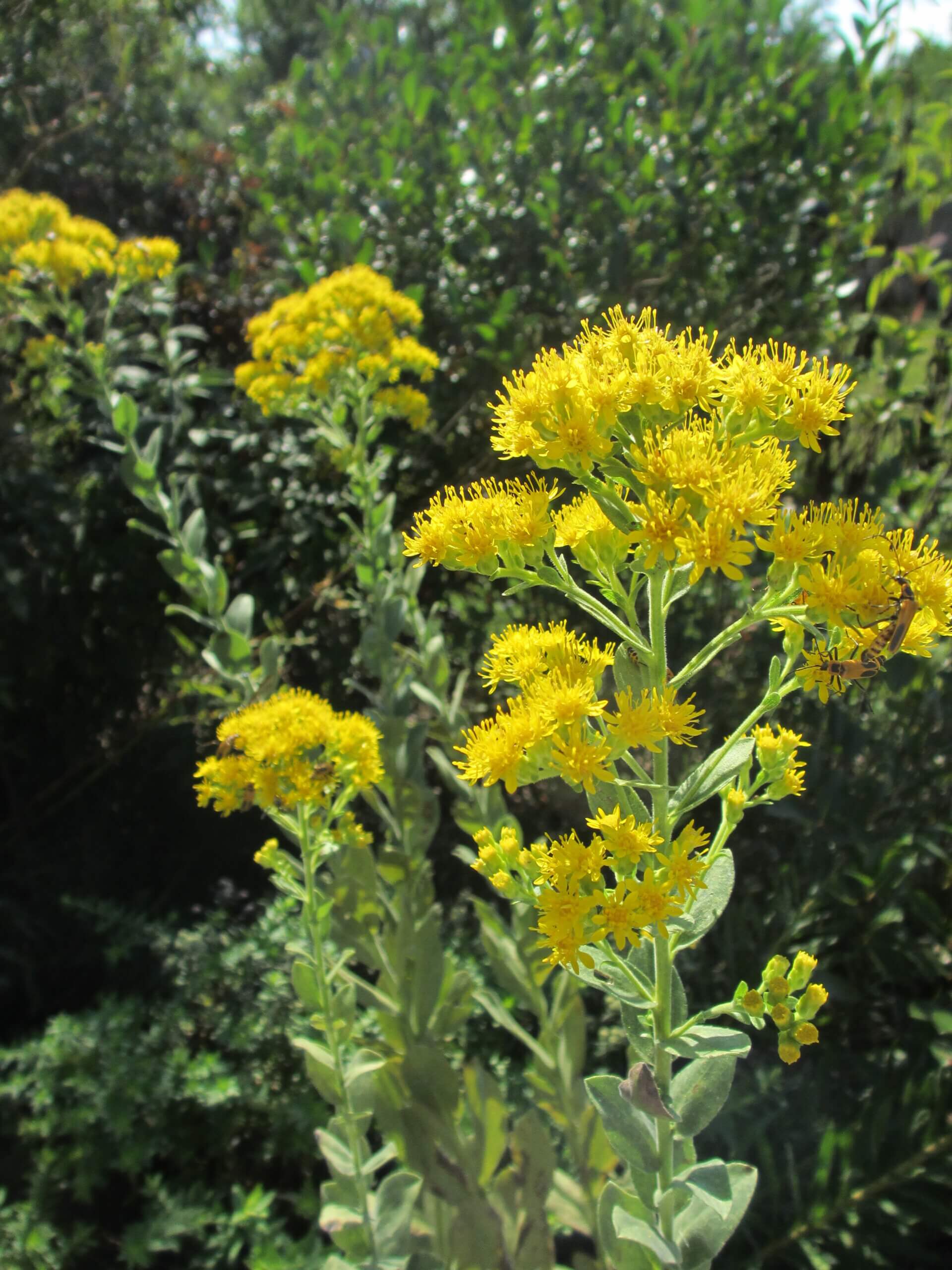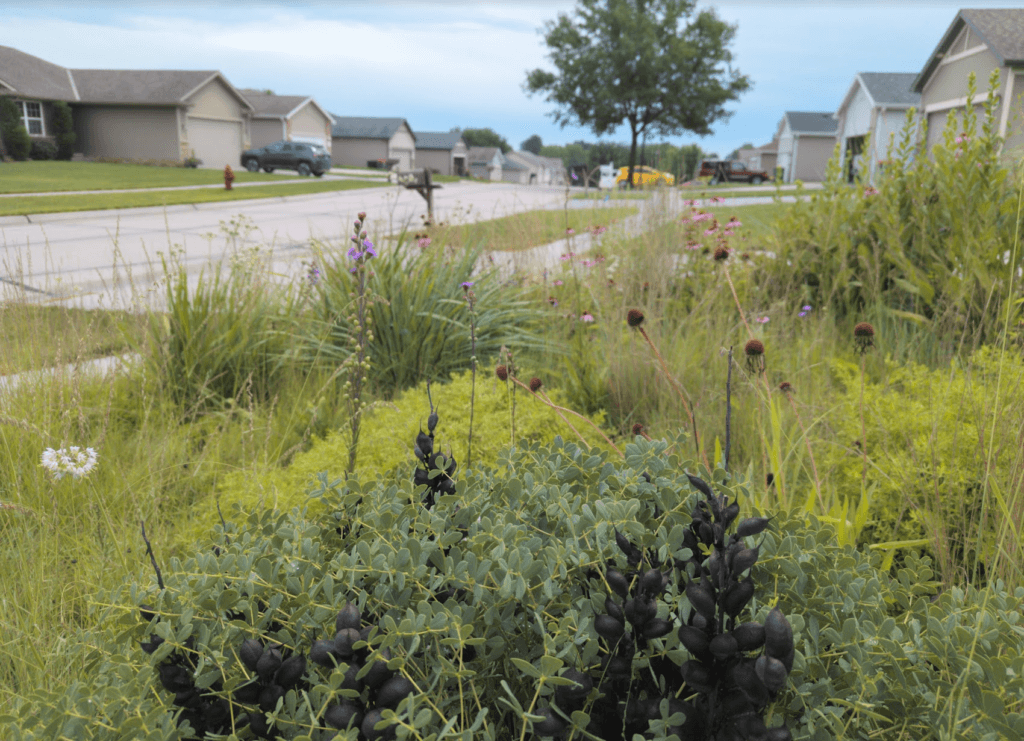
On Home Affordability, Poverty, and Unlawning America
I don’t know who that Michael Green financial analyst guy is who looked at one county in NJ to state
Recently, someone told me I should stop being so “political” about gardens because gardens aren’t “political.” I think the term was used as a way to shield themselves from some uncomfortable ideas about our role on a planet we’re eroding quickly, and how responsibility for it might begin in a very personal space — our home gardens. So I came up with the following thoughts:
Gardens aren’t political statements? Sure they are. If gardens are art — and that’s how we talk about them 99% of the time (sigh) — art has a long, lively tradition of being “political.” And make no mistake, by “political” we mean thinking critically about our culture in whatever way we can: moral, ethical, socioeconomic, disrupting the status quo of systems of power, et cetera. Being “political” makes us uncomfortable, since it calls us out and asks us to look at ourselves and the world in a radical new way that stretches and challenges us. Gardens are revolutions in a time of mass extinction — they are no longer simply pretty little paintings to stroll through. Being made uncomfortable, angry, and even despondent is the first step to waking from our human supremacism and speaking the language of life again.
And then I connected the above, in my head anyway, to something else I wrote a few days earlier:
Gardens full of native plants are acts of social justice, empathy, and then compassion for other species we’ve put on the brink, as well as fostering the physical and psychological health of our own species. Gardens are a resistance to a culture of narcissism and hubris. Gardens are more than art, more than beauty for us. Urban gardens, especially, are a rewilding (not a restoring) of the broken bonds between us all, an open conversation held again where we begin to remember the languages we’ve lost, ignored, or betrayed. When we speak leafcutter bee or bobwhite quail, we remember the chorus and our own language is enriched. Without the voices of the animate world in our daily lives, our existence is a pale, sick shadow.

I don’t know who that Michael Green financial analyst guy is who looked at one county in NJ to state

Oh that’s a cool plant, stiff goldenrod, Oligoneuron rigidum. I wonder if that would work in my garden. Maybe it’s
